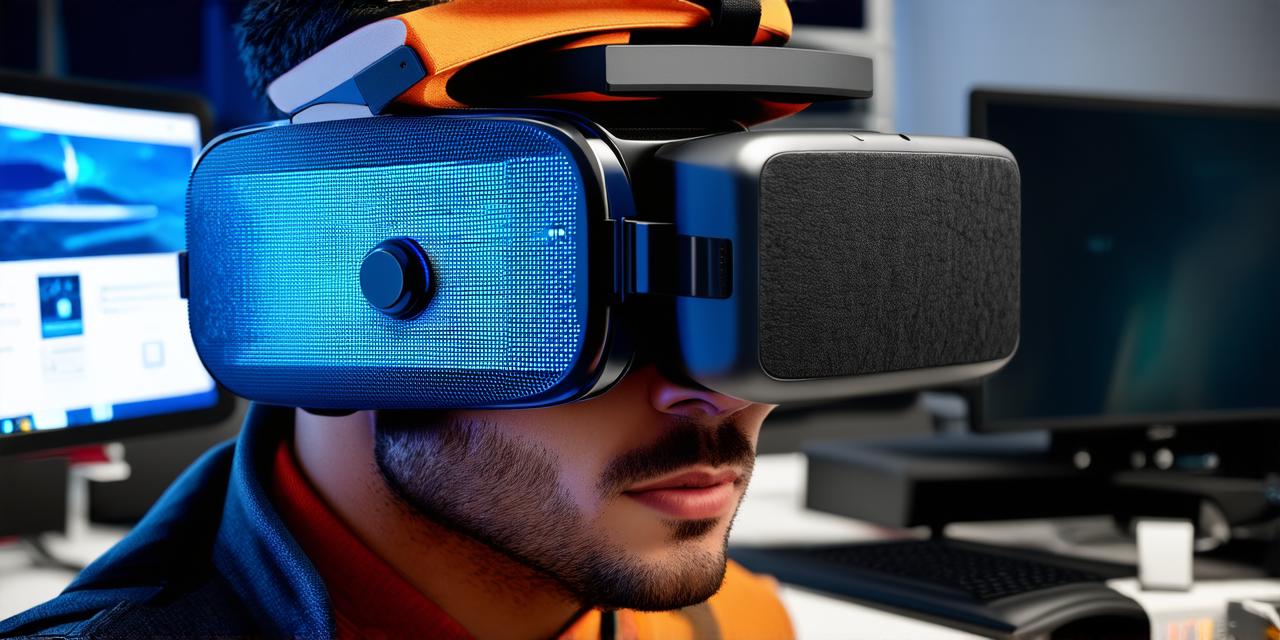
What are the costs involved in launching a virtual reality business?
Virtual reality (VR) technology is rapidly advancing and becoming more accessible to businesses. As a virtual reality developer, you may be considering launching your own VR business. However, before you dive in, it’s important to understand the costs involved in launching a VR business. In this article, we will explore some of the key expenses that you should expect when starting a VR business.
1. Equipment Costs
One of the biggest costs associated with launching a VR business is equipment costs. You’ll need to invest in high-quality VR hardware and software, including headsets, controllers, sensors, and tracking systems. These can be expensive, especially if you’re starting out with a small budget. For example, a single Oculus Quest 2 headset costs around $399, while a full-featured HTC Vive Pro Eye headset costs around $1499.
2. Development Costs
Development costs are another important factor to consider when launching a VR business. You’ll need to hire a team of skilled developers who can create high-quality VR experiences for your clients. Depending on the complexity of your project, development costs can vary widely. For a simple VR experience, you might be able to get by with a small team of developers working part-time. However, for more complex projects, you may need to hire a larger team of full-time developers.
3. Marketing Costs
Marketing is crucial when launching a new VR business. You’ll need to develop a marketing strategy that can help you reach your target audience and generate interest in your services. This might involve attending trade shows, creating social media campaigns, or working with influencers to promote your business. Marketing costs can vary widely depending on the channels you choose to use. For example, attending a trade show can be expensive, but it can also be highly effective in generating leads and building brand awareness.
4. Legal and Regulatory Costs

Starting any new business involves legal and regulatory requirements. When launching a VR business, you’ll need to navigate a variety of regulations related to data privacy, intellectual property, and safety. This can be a complex process, and it’s important to work with an experienced attorney who can help guide you through the process. Legal and regulatory costs can vary widely depending on your specific needs, but they are an important factor to consider when starting any new business.
5. Operational Costs
Finally, there are operational costs to consider when launching a VR business. This includes ongoing expenses related to equipment maintenance, software licensing, and office space. You’ll also need to factor in the cost of hiring and training employees, as well as any other expenses associated with running your business on a day-to-day basis. These costs can add up quickly, so it’s important to be realistic about what you can afford when starting out.
Case Study: VR Startup
One company that has successfully launched a VR business is Virtually Live. Founded in 2016 by three friends with a passion for virtual reality, Virtually Live offers a range of VR experiences to businesses and individuals. To get started, the founders used their own savings to purchase VR equipment and hire a small team of developers. They also attended trade shows and worked with influencers to promote their business. Despite some initial challenges, Virtually Live was able to generate enough revenue to cover its expenses and grow rapidly in the following years.


